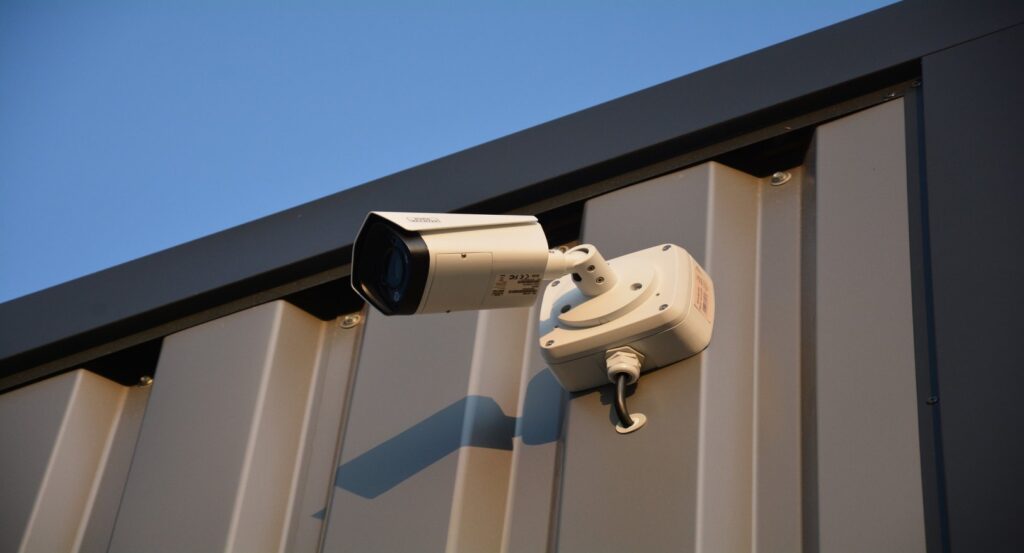
If you’re interested in becoming a CCTV operator in Dubai, then you’ll need to obtain a CCTV operator’s license. The process may seem daunting, but with a little bit of research and preparation, it can be achieved easily. In this blog, we’ll discuss how to get CCTV operator license in Dubai.
Step 1: Understand the Requirements
The first step to obtaining a CCTV operator license in Dubai is to understand the requirements set by the Dubai Police. To apply for the license, you need to be at least 21 years old, have a high school diploma or equivalent, and be physically and mentally fit.
You’ll also need to have a clean criminal record and pass a medical examination. Once you meet these requirements, you can proceed to the next step.
Step 2: Complete the Required Training
The second step is to complete the required training. The Dubai Police require all CCTV operators to undergo a training program that covers the basics of operating and maintaining CCTV systems. The program typically takes 30 hours to complete and covers topics such as CCTV camera installation, operation, and maintenance.
Step 3: Apply for the CCTV Operator License
Once you’ve completed the required training, you can apply for the CCTV operator license. To do this, you’ll need to submit the following documents:
- Application form
- Copy of your passport
- Copy of your Emirates ID
- Copy of your high school diploma or equivalent
- Copy of your training certificate
- No-objection letter from your sponsor or employer
- Medical certificate
You can submit these documents at the Dubai Police General Department of Criminal Investigation (CID) or through their online portal.
Step 4: Pass the Exam
After submitting your application, you’ll need to pass an exam to demonstrate your knowledge of CCTV systems. The exam is administered by the Dubai Police and covers the topics covered in the training program. You’ll need to score at least 60% to pass the exam.
Step 5: Pay the Fees
Once you’ve passed the exam, you’ll need to pay the fees for the license. The fee for the CCTV operator license in Dubai is AED 2,020. You can pay the fee at the Dubai Police CID or through their online portal.
Step 6: Collect Your License
After completing all the steps, you can collect your CCTV operator license from the Dubai Police CID. You’ll need to present your Emirates ID and pay any outstanding fees before receiving your license.
If you’re interested in learning more about CCTV solutions for your business or home, check out Purple Rock Security Solutions. They offer a wide range of CCTV solutions, including CCTV installation, maintenance, and repair services. With their expertise in the field, they can help you choose the best CCTV system for your specific needs and provide ongoing support and maintenance to ensure your system is always working at peak performance.
After having an idea of how to get CCTV operator license in Dubai, let us figure out how many types of CCTV cameras exist.
There are many types of CCTV cameras available in the market, each with its unique features and benefits. Here are some of the most common types of CCTV cameras:
Dome Camera:
Dome cameras are the most commonly used CCTV cameras. They’re easy to install, and their shape makes them difficult to tamper with. They’re ideal for indoor use and can be used in a variety of settings.
Bullet Camera:
Bullet cameras are long and cylindrical, making them ideal for outdoor use. They’re weatherproof and can withstand harsh weather conditions. They’re commonly used for monitoring parking lots, outdoor spaces, and entrances.
PTZ Camera:
PTZ (pan-tilt-zoom) cameras are ideal for large spaces that require a wide range of coverage. They can be controlled remotely and can pan, tilt, and zoom to capture footage from different angles.
Wireless Camera:
Wireless cameras are easy to install and require no wiring. They’re ideal for locations where it’s difficult to run wires, such as historic buildings or temporary installations.
Thermal Camera:
Thermal cameras use heat signatures to detect movement and are ideal for low-light environments. They’re commonly used in industrial settings, border control, and military applications.